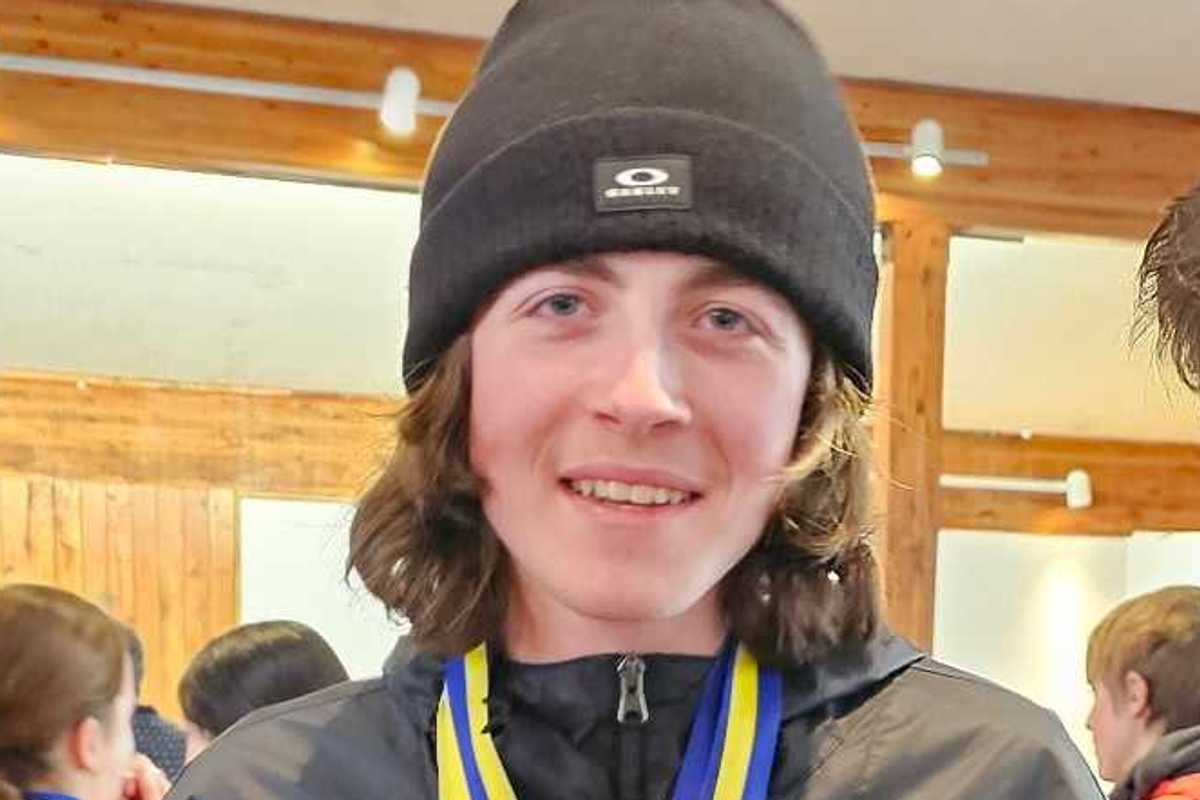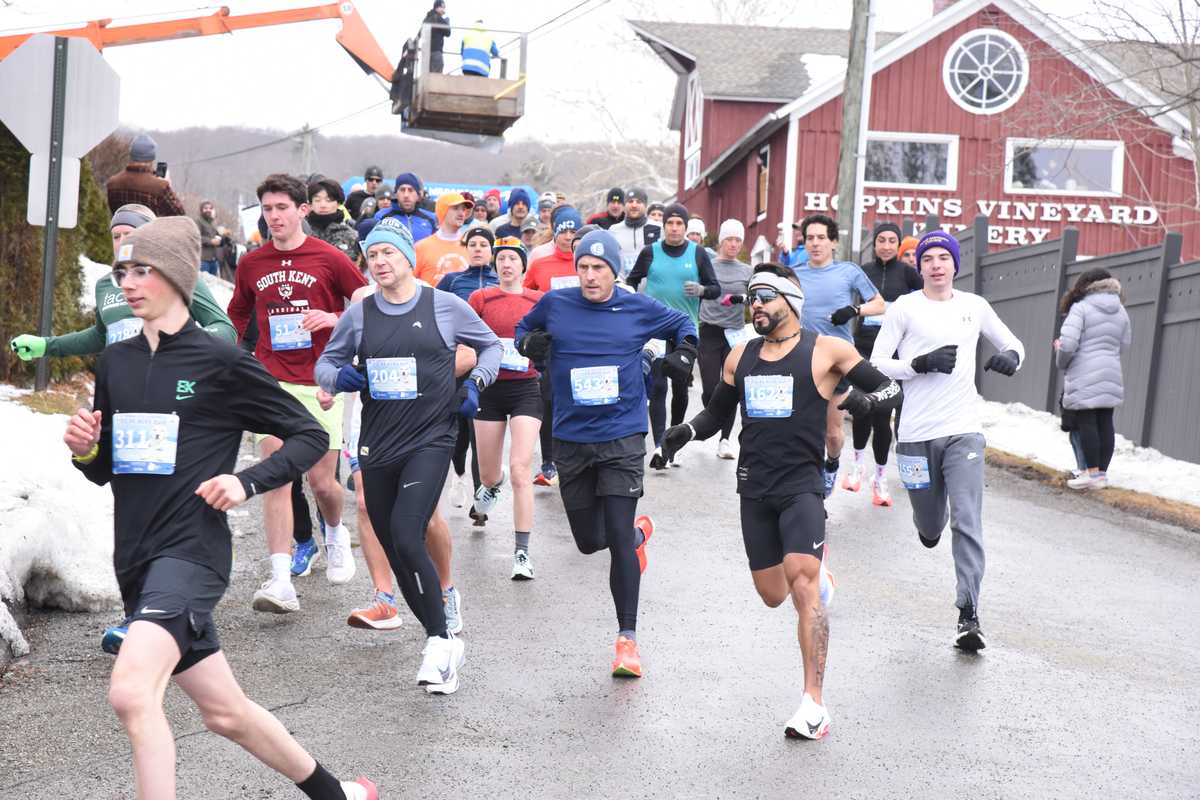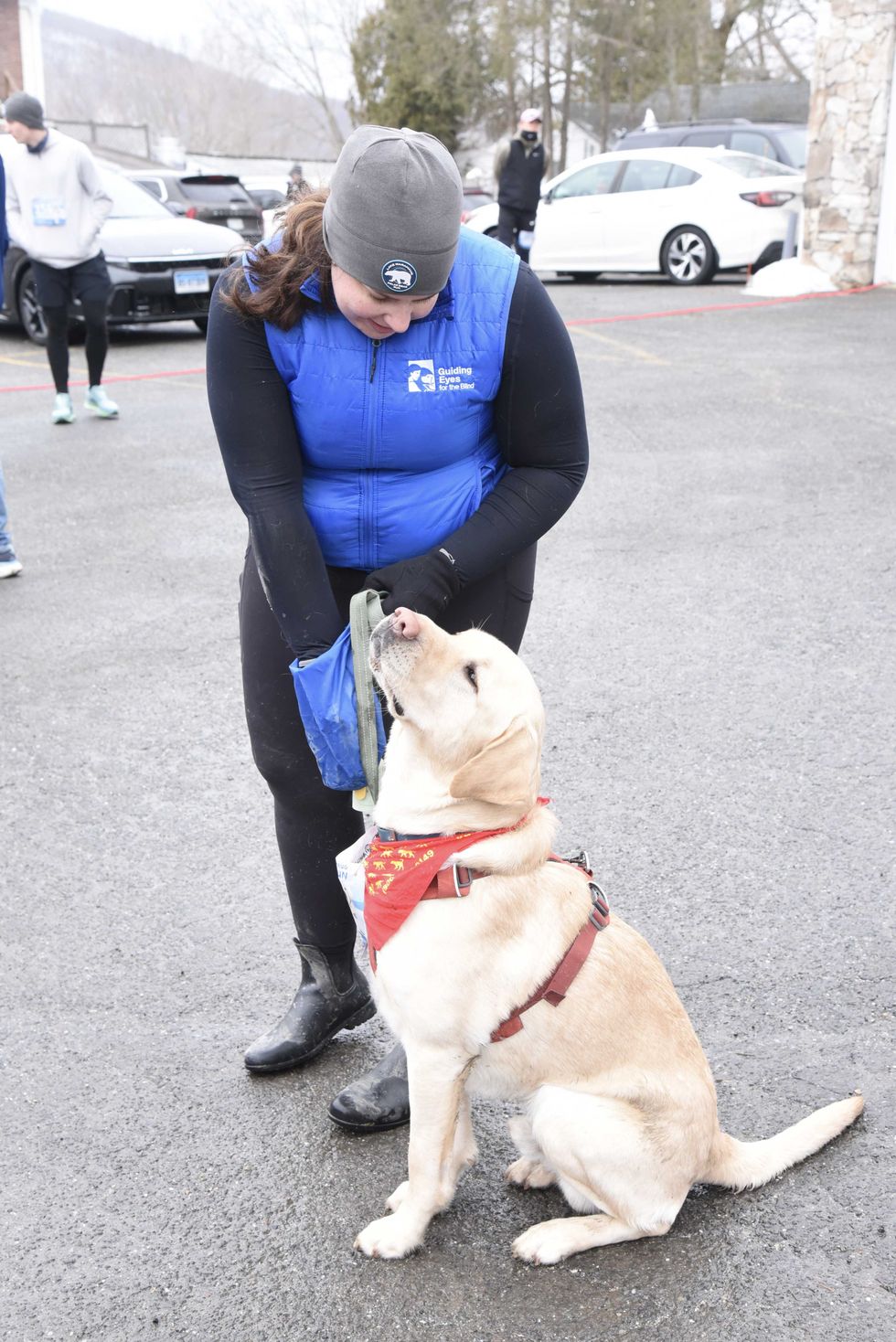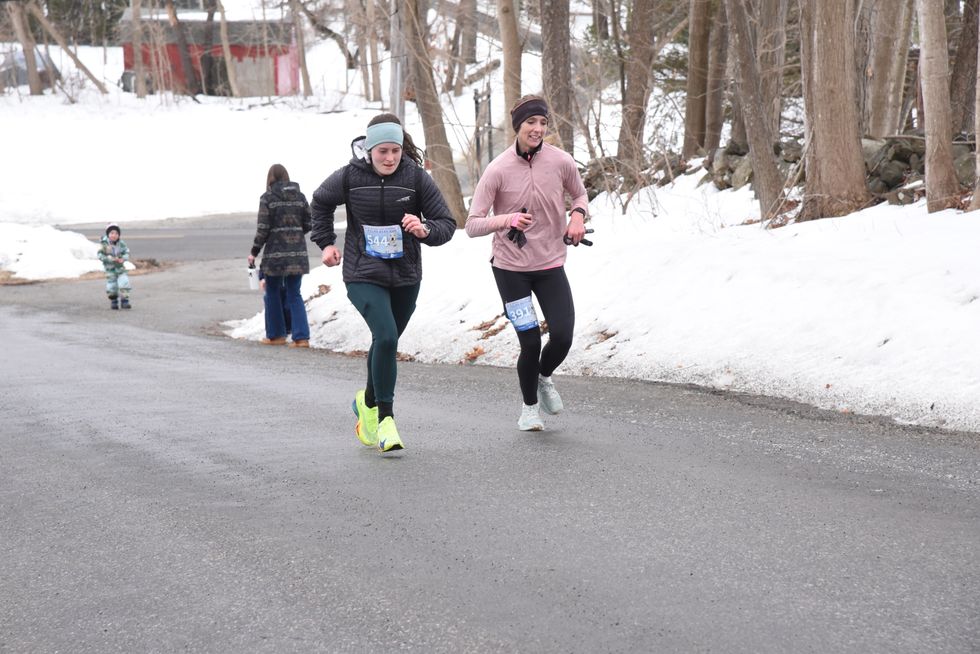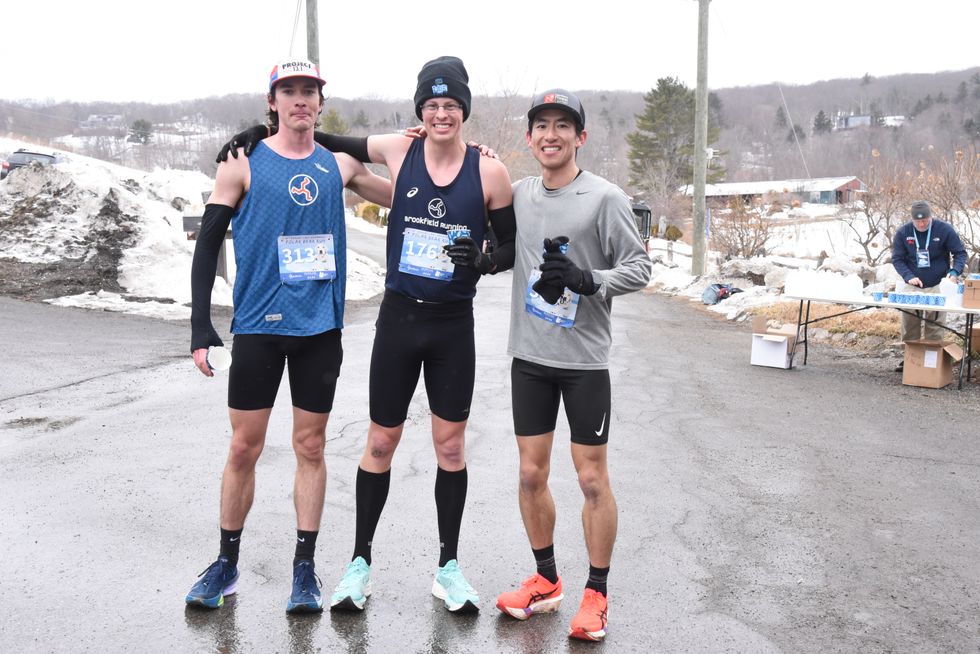Schaghticoke tribe continues struggle for federal recognition
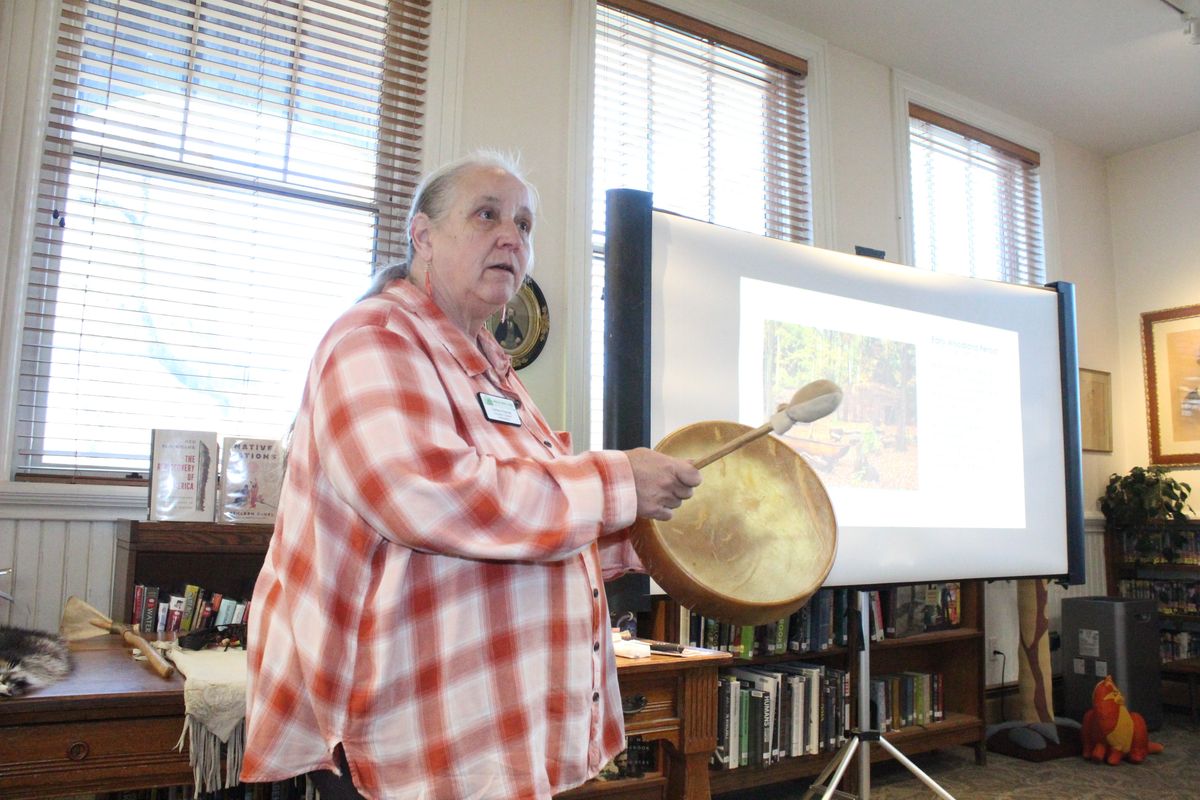
At the David M. Hunt Library Nov. 16, Darlene Kascak, member of the Schaghticoke tribe, recounted the traditions of her ancestors and explained the timeline of decades-long effort to attain tribal nation status.
Patrick L. Sullivan

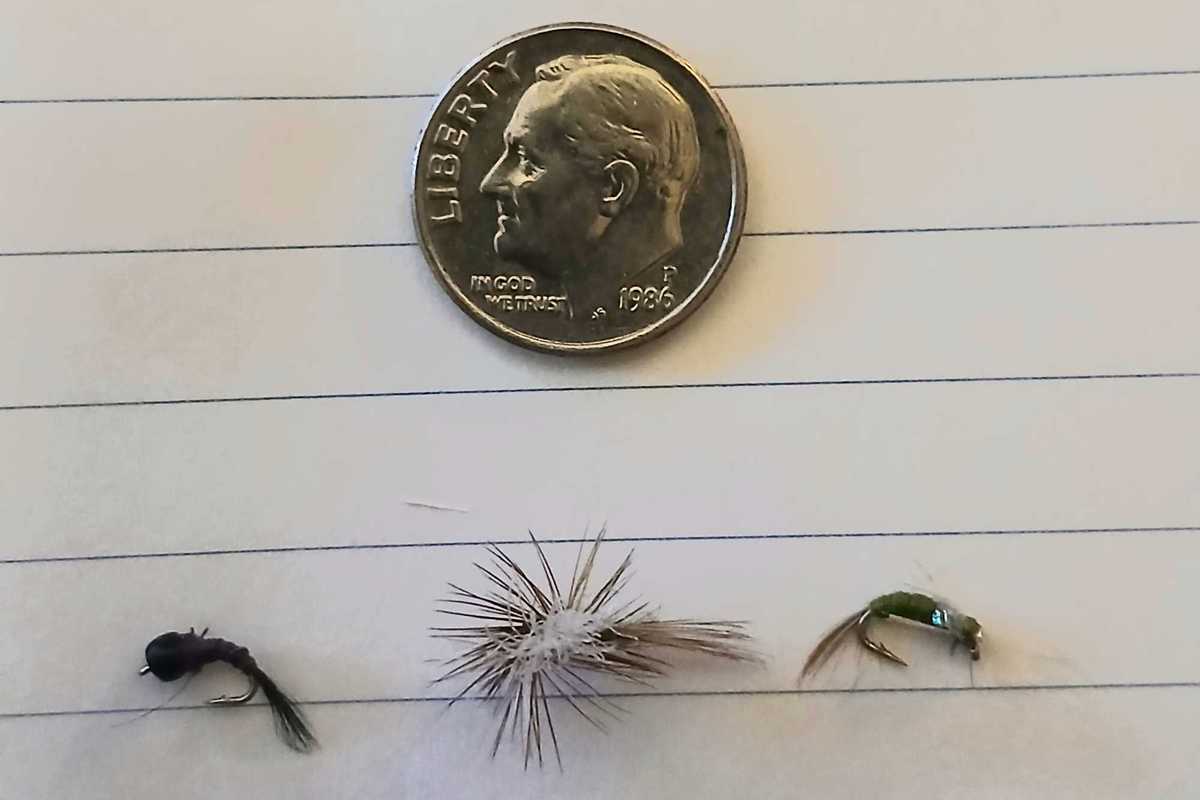
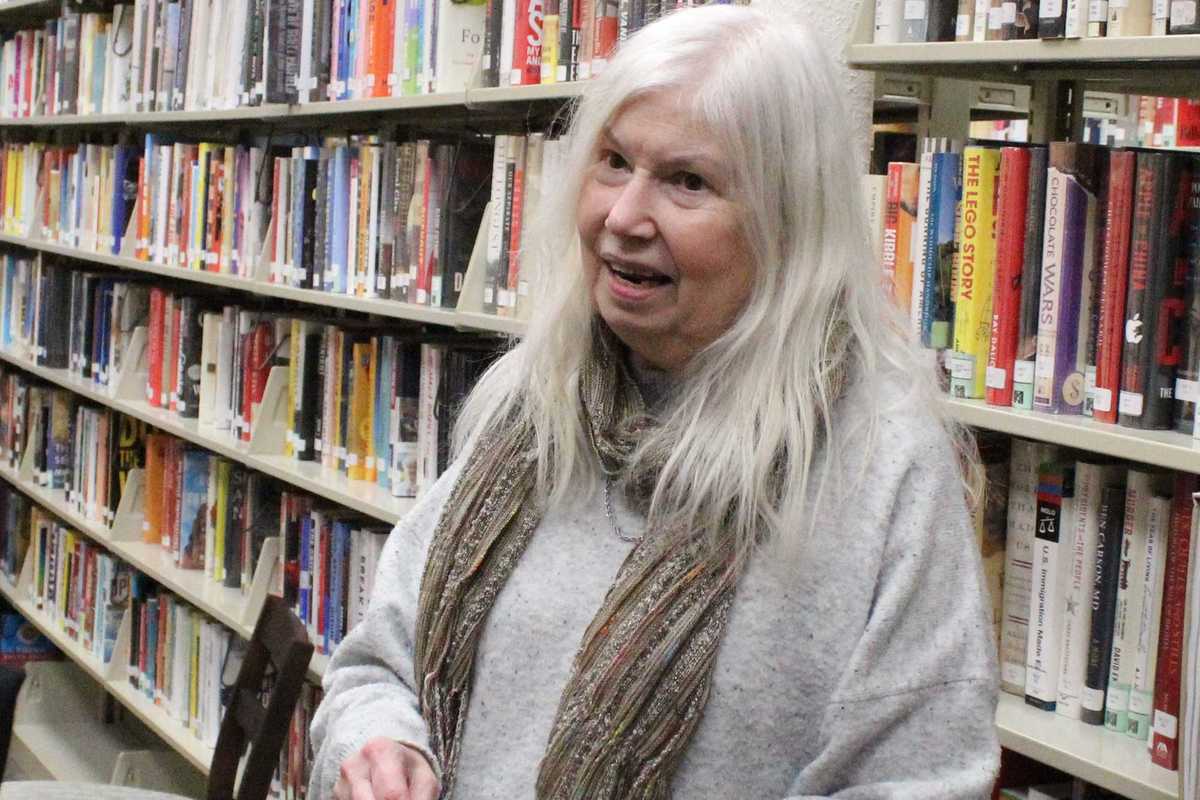
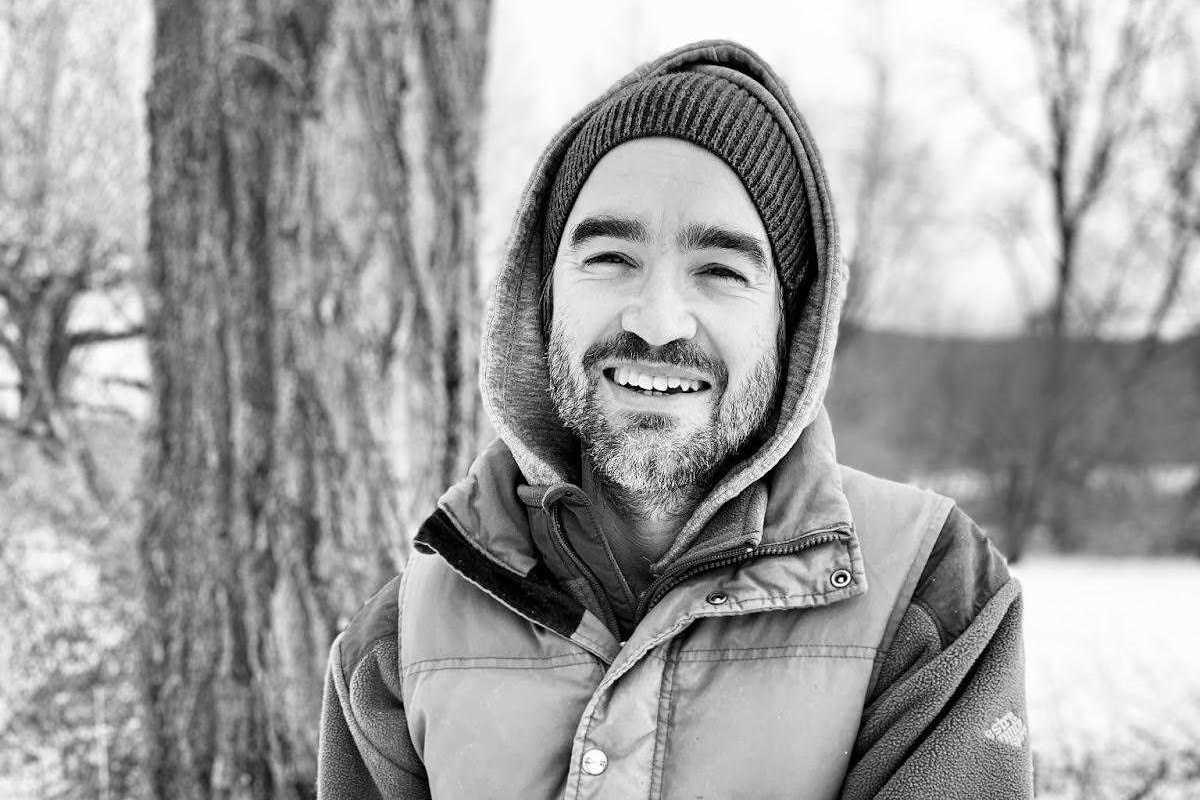

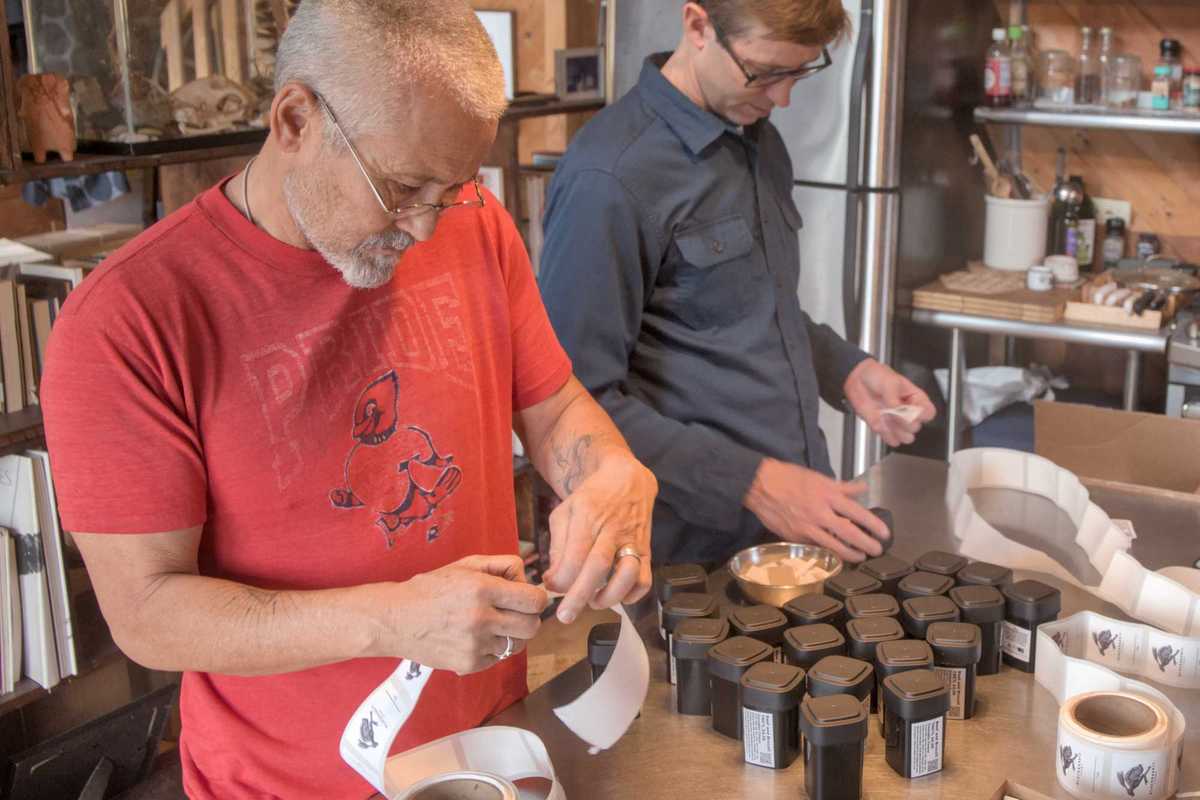
 A crop of cannabis in Douglas Broughton’s basement in Wassaic waits to be harvested, weighed and processed into products for dispensaries in southern New York.Nathan Miller
A crop of cannabis in Douglas Broughton’s basement in Wassaic waits to be harvested, weighed and processed into products for dispensaries in southern New York.Nathan Miller